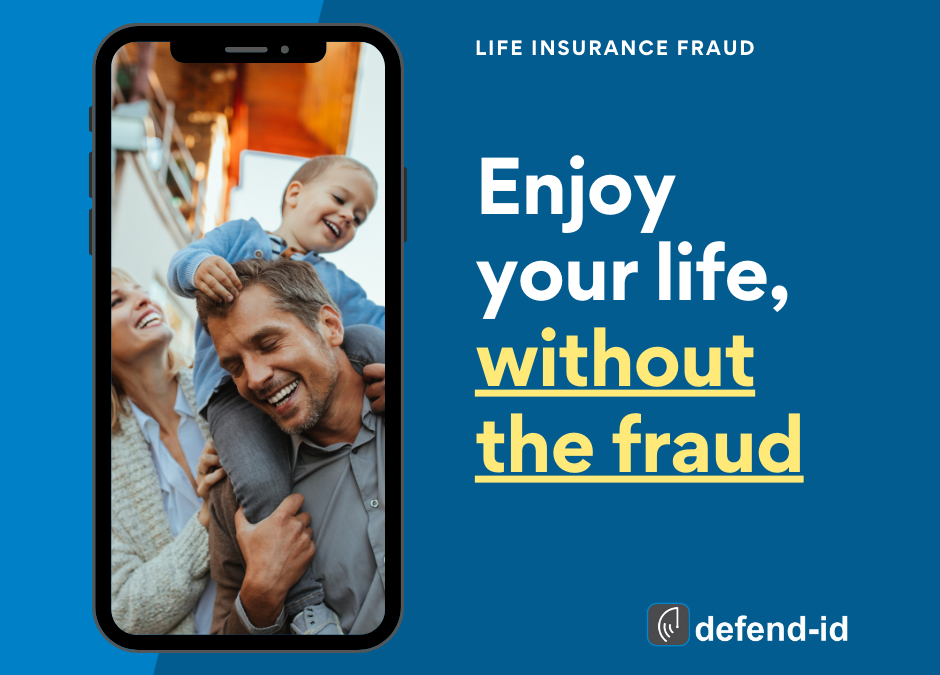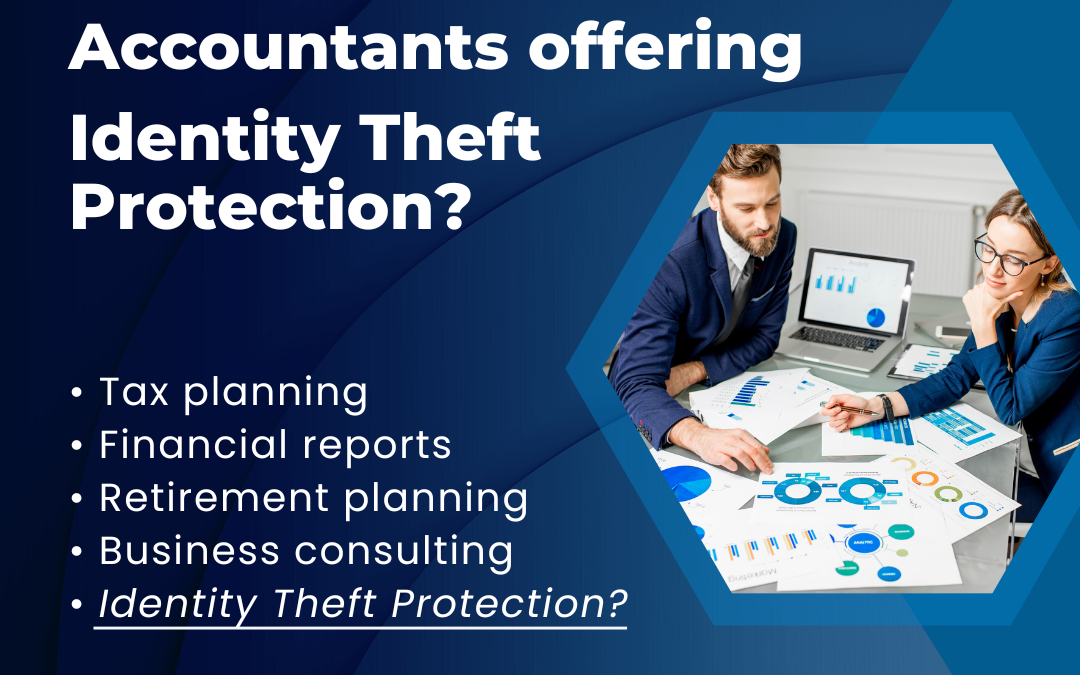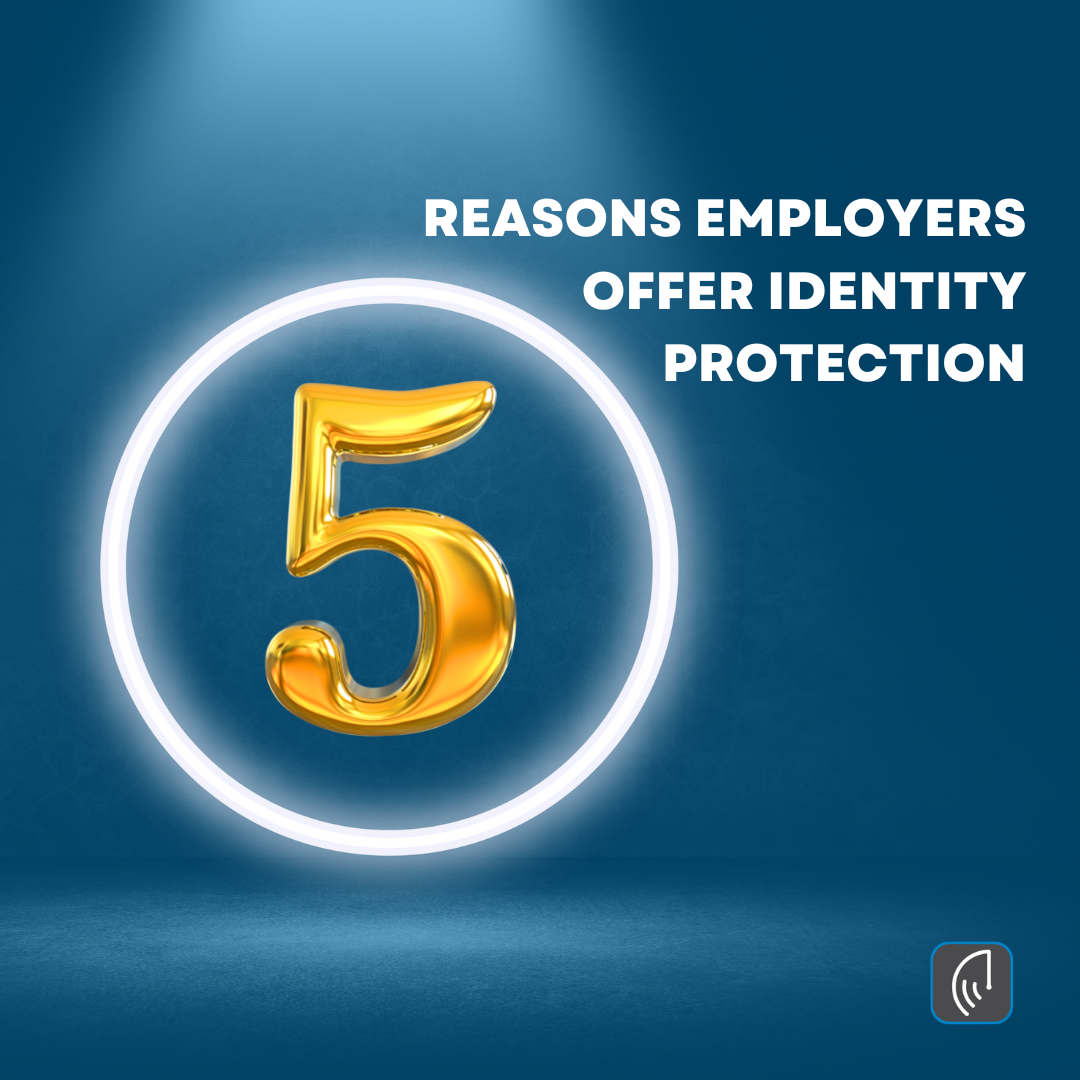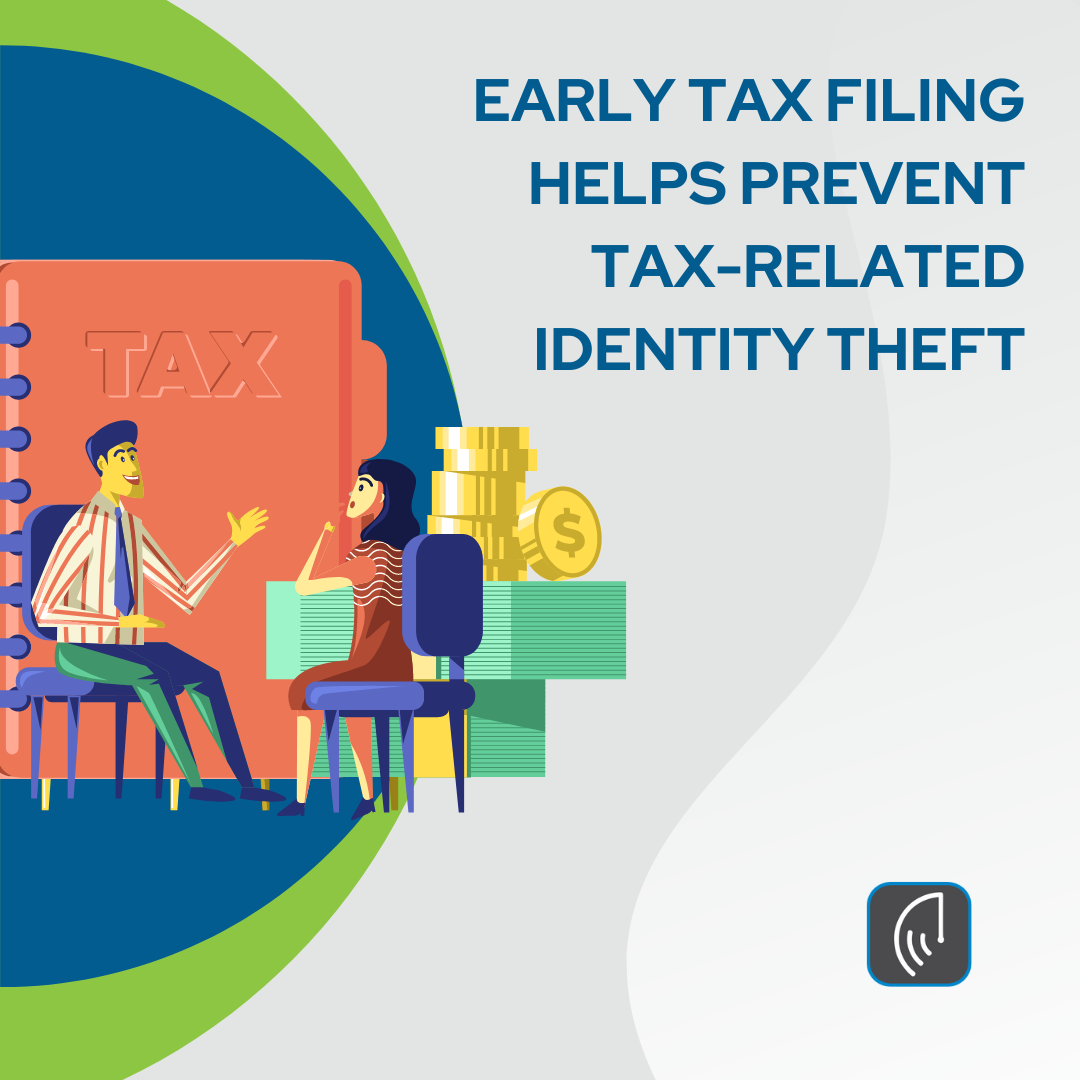
by Brian Thompson | Feb 8, 2023 | Breach, Identity Theft
Artificial Intelligence (AI) has come a long way, bringing numerous benefits. However, it also has the potential to be used for malicious purposes, especially in social engineering. This article will show you how AI can manipulate people and why it’s crucial to be aware of these tactics to protect your personal information.
What is Social Engineering?
Social engineering manipulates individuals into revealing confidential information or performing actions that benefit the attacker. Attackers use various methods, such as emails, phone calls, or in-person interactions. AI can automate these tactics and make them even more sophisticated.
How AI Manipulates People
AI can manipulate people through voice assistants. AI-powered voice assistants can mimic human voices, making it hard to tell the difference between a human and an AI. This can trick individuals into revealing personal information, leaving them vulnerable to attack. Here is an example story from Knowbe4.
Chatbots are another tool that AI uses for social engineering. Chatbots can hold conversations with individuals, leading them to reveal personal information. People often trust chatbots, thinking they are human, but chatbots can be programmed to manipulate individuals into revealing sensitive information, which attackers can then use for malicious purposes.
Why You Must Be Cautious
Attackers value personal information, such as Social Security numbers, credit card numbers, and home addresses. AI-powered social engineering increases the risk of this information falling into the wrong hands. The tactics used are sophisticated and hard to detect.
To protect your personal information, be cautious when interacting with AI-powered voice assistants or chatbots. Provide personal information only to trusted sources. Be wary of suspicious emails or phone calls that ask for personal information.
AI has the potential to manipulate people through social engineering. Be aware of these tactics and protect your personal information by being cautious when interacting with AI-powered voice assistants or chatbots. Only reveal personal information to trusted sources and be cautious of suspicious emails or phone calls.
If you like this article, Artificial Intelligence & Social Engineering: You Need to Know, please share!
Related articles:

by Brian Thompson | Jan 25, 2023 | Identity Theft
What is Fully Managed Recovery for identity fraud, and how does it improve the employee’s experience?
Fully managed identity theft recovery is a service offered by some companies that helps individuals who have been the victims of identity theft. The service typically includes assistance with canceling and reissuing credit cards, restoring credit reports, and contacting the appropriate authorities to report the identity theft. The service is considered “fully managed” because the company manages the entire process for the individual, from start to finish, and the individual does not have to take on the task of recovering their identity on their own.
Fully managed identity theft recovery can improve the victim’s experience by taking on the burden of dealing with the aftermath of the theft. The process of recovering from identity theft can be time-consuming and overwhelming, especially if the victim is not familiar with the necessary steps. By using a fully managed service, the victim can have peace of mind knowing that a professional is handling the situation and that their identity will be restored as quickly as possible.
Additionally, fully managed identity theft recovery can provide a higher level of protection for victims. The company will have experienced and trained professionals who know the procedures and regulations for identity theft recovery and can help the victims minimize the damage. They also have specialized knowledge to help the victims prevent future identity theft.
Finally, the fully managed service can provide victims with access to resources and support throughout the recovery process. They can help answer questions and provide guidance, which can be especially helpful for victims who are not familiar with the process.
Stop worrying about identity theft and breach compliance. Let us worry about that, it is OUR job, not yours.
Another way of looking at it:
Fully-Managed Recovery for Identity Theft
Similar articles:

by Brian Thompson | Jan 20, 2023 | healthcare, Identity Theft
Life insurance fraud is a criminal act in which an individual or group of individuals intentionally deceives an insurance company in order to receive a financial benefit or payout from a life insurance policy. This can occur in a variety of ways, from exaggerating or fabricating claims on a policy to providing false information in order to obtain coverage.
Examples of life insurance fraud include:
- Policyholder fraud: This occurs when the policyholder provides false information on a life insurance application in order to obtain coverage, such as exaggerating their health status or providing a false occupation.
- Beneficiary fraud: This occurs when a beneficiary of a life insurance policy makes false claims in order to receive a payout, such as fabricating the cause of death or providing false documentation.
- Agent fraud: This occurs when an insurance agent engages in fraudulent activity, such as selling policies to individuals who do not qualify for coverage or falsifying policy applications.
- Premium diversion: This occurs when an insurance agent takes premium payments from policyholders but does not use the funds to pay for the policy, instead using the money for personal gain.
To avoid falling victim to scams, here are a few steps to take:
- Research the insurance company and agent before purchasing a policy. Check for any complaints or disciplinary actions against them with the state insurance commissioner.
- Be wary of unsolicited phone calls or emails offering life insurance policies.
- Carefully review all policy documents before signing, and ask questions if anything is unclear.
- Pay attention to billing and payment schedules, and report any discrepancies to the insurance company immediately.
If you suspect that you are a victim of life insurance fraud, you should report it to the insurance company immediately. You should also contact the state insurance commissioner and file a complaint with the National Association of Insurance Commissioners. Additionally, you may want to contact the police to report the crime.

by Brian Thompson | Jan 19, 2023 | General, Identity Theft
Identity theft is a growing concern for individuals and businesses alike, and as it pertains to accountants, it is important to consider offering identity theft protection services to clients. Not only can this service provide peace of mind for clients, but it can also help protect the accounting firm’s business from potential liability. Is your Accountant offering identity theft protection?
One of the main reasons why an accountant should consider offering identity theft protection services is the transfer and handling of sensitive documents and information. Accountants have access to a wide range of personal and financial client information. Information including Social Security numbers, bank account information, and tax returns. If this information were to fall into the wrong hands, it could be used for identity theft and other fraudulent activities.
Identity theft protection services can help protect clients from this risk by providing monitoring and alerts for suspicious activity, as well as assistance in the event that their identity is stolen. This can lessen potential damage and give your clients a feeling of security.
Liability
In addition to protecting clients, offering identity theft protection services can also help protect the accounting firm from potential liability. Accountants have a professional responsibility to keep clients’ information secure and protect it from unauthorized access. If a client’s identity is stolen and it is determined that the firm did not take adequate measures to protect their information, it may be held liable for any damages.
Compliance
Another important consideration is compliance. Accountants are subject to a wide range of regulations, including HIPAA, SOC 2, and the GDPR, which all require you to protect personal information. Failure to comply with these regulations could result in fines and legal penalties. By providing identity theft protection services, you can make sure that you are complying with the law and protecting the information of your clients.
As we started with, identity theft is a growing concern for both individuals and businesses, and accountants should consider offering identity theft protection services to their clients. Not only can this service provide peace of mind for clients, but it can also help protect the business from potential liability and compliance concerns.

by Brian Thompson | Jan 11, 2023 | General, Identity Theft
Identity theft is a growing concern for both individuals and businesses. Employers are starting to recognize the importance of offering identity theft protection as a benefit to their employees. As a company, it’s imperative to offer a comprehensive employee benefits package that not only attracts new talent but also helps retain the current workforce. Offering identity theft protection as a benefit is a proactive approach to protecting your employees, their financial well-being, and the company’s reputation, productivity, and compliance. In this article, we will look at the 5 reasons employers offer identity theft protection as a benefit to their employees.
Below you will find 5 reasons employers offer id protection to their employees:
- Employee retention: Offering identity theft protection is a valuable benefit to employees, helping with employee retention and recruitment.
- Productivity: Employees who fall victim to identity theft may have to spend significant amounts of time resolving the issue. The time spent often leads to lost productivity for the employee and the company. Providing identity theft protection can help employees avoid or quickly resolve identity theft issues, which can help improve productivity.
- Employee satisfaction: Providing identity theft protection can help employees feel secure and satisfied with their employer. Both of which can lead to better morale and engagement.
- Reputation: Companies that take steps to protect their employees from identity theft can improve their reputation and public image. Employers that care about the well-being of its employees are always held in higher regard.
- Compliance: In some cases, certain industries may be mandated to provide identity theft protection to their employees. Employers should look into those regulations and make sure they are compliant
By offering identity theft protection as a benefit, employers can help protect their employees from the financial and personal harm caused by identity theft, while also reaping the benefits of increased productivity, employee satisfaction, and reputation.
Please keep in mind that each company will have different needs and resources. Not all identity theft protection options may be suitable for your company, therefore, it is important to evaluate all options and determine the one that best fit your organization.
It’s important to remember that identity theft protection is not just a cost, but an investment in the well-being of your employees and your company’s success.
Related Articles:

by Brian Thompson | Jan 4, 2023 | General, Identity Theft
Did you know that individual tax refunds are a popular target for cybercriminals seeking to profit from stolen identities? And that early tax filing helps prevent tax-related identity theft. According to the IRS, tax returns with confirmed cases of identity theft continue to increase year over year. Taking the necessary precautions to protect yourself from tax-related identity theft is important, and filing your taxes early is one of the best ways to help safeguard your identity Discover why the IRS advises taxpayers to file as soon as possible, as well as the most common warning signs of tax-related identity theft.
Tax-Related Identity Theft: What Is It?
Tax-related identity theft occurs when a criminal claims a tax refund using a stolen Social Security number in the victim’s name. The victim may spend months correcting false deductions, incorrectly reported income, and other issues with their tax return.
According to the IRS, tax-related identity theft is one of the most prevalent tax scams. It is particularly common during tax filing season when taxpayers are preparing their returns either on their own or with the help of a tax professional. The victim is often unaware of the fraud until their tax return is rejected because a criminal has already filed a return using the same Social Security number.
Why the IRS Encourages Early Filing
With good reason, the IRS continues to advise taxpayers to submit their returns as soon as possible.
Because the IRS only accepts one tax return per Social Security number, a taxpayer may be able to beat an identity thief to the punch if they file their legitimate tax return before a potential criminal file their fraudulent one. If, on the other hand, a criminal is successful in filing their fraudulent return first, the victim may have to wait months to resolve issues with the return.
As soon as taxpayers have required paperwork, including W-2s, 1099s, and mortgage interest statements, file as soon as possible. Of course, taxpayers should follow the advice of the financial or tax professional they have retained.
Identify the Red Flags
The IRS advises taxpayers to be on the lookout for the following common warning signs:
- An IRS letter inquiring about a suspicious tax return
- Rejected E-Filing due to a previous filing using the same Social Security number.
- The victim received a tax transcript in the mail without asking for one.
- An IRS notice indicating that an online account in the victim’s name has been created, accessed, or disabled, even though the victim took no action.
- An IRS notice stating that the victim has been subject to collection actions for a year in which they failed to file a tax return, additional taxes are due, or that their refund has been offset
- IRS records indicating earnings from an employer unknown to the victim.
What Should You Do If You Believe You Are a Victim of Tax Identity Theft
If you believe you are the victim of tax-related identity theft, the IRS, and the Federal Trade Commission (FTC) advise you to take the following steps:
- Respond to any IRS notice as soon as possible by calling the phone number provided.
- If your e-filed return is rejected because of an existing filing under your Social Security number, file an identity theft affidavit (IRS Form 14039) electronically at IdentityTheft.gov, or as directed by the IRS. The FTC recommends downloading and saving a copy of the report for your own records.
- Even if you must mail your tax return, keep up with your tax filing and payment obligations. Notifying the IRS or the FTC about suspected tax identity theft DOES NOT relieve you of the obligation to pay taxes.
- Consider requesting a copy of the fraudulent return from the IRS with certain details redacted. The information could help you figure out what the thief knows about you and your family.
- Consider placing a fraud alert, an extended fraud alert, or a credit freeze, as recommended by the FTC.
- Close any financial or credit accounts that were opened or altered by getting in touch with your financial institutions.
Individual tax refunds are a popular target for cybercriminals seeking to profit from stolen identities. Filing your taxes early is one of the best ways to help safeguard your identity. These protective measures can help you prevent further identity theft and provide peace of mind. Early Tax Filing Helps Prevent Tax-Related Identity Theft! Additionally, filing taxes early helps ensure that any refunds are received in a timely manner.
Related Article:
2021’s ‘Dirty Dozen’ Tax Scams





